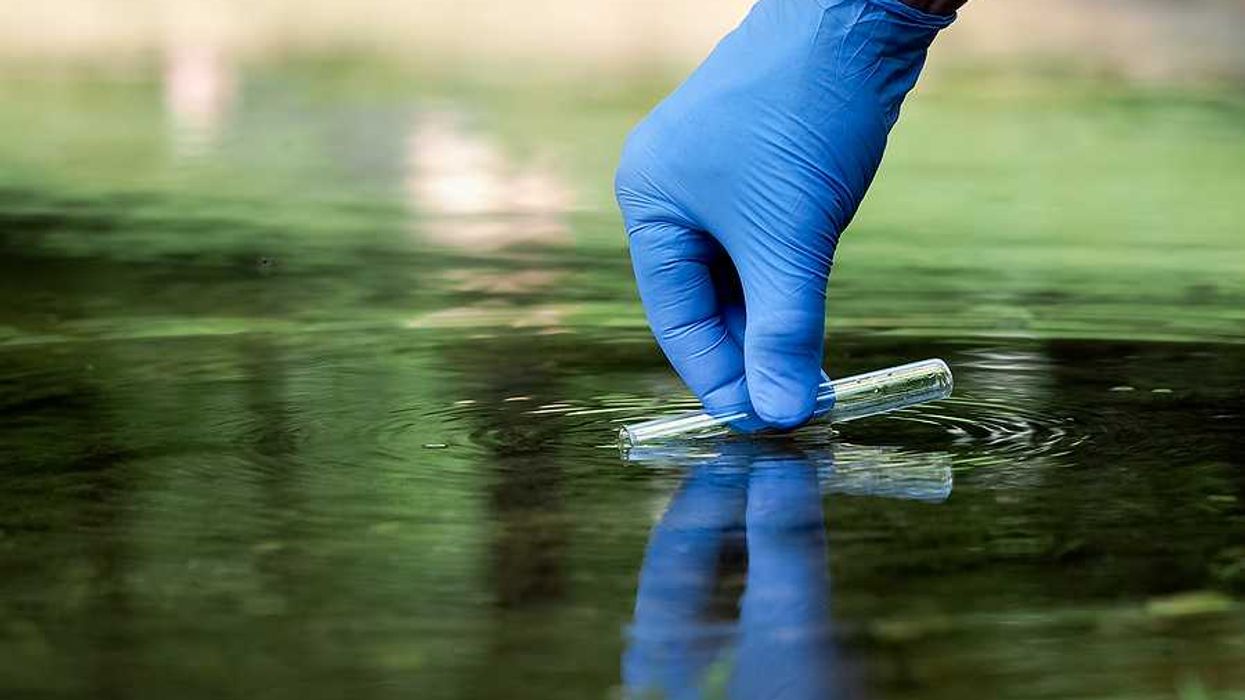This major North Carolina river is swimming with PFAS pollution, and scientists are scrambling to understand how these “forever chemicals” are affecting the health of birds — and the people who share their water.
Maddie Burakoff reports for Audubon.
In short:
- The Cape Fear River, which supplies drinking water to half a million people, has been contaminated for decades by PFAS chemicals discharged by the Fayetteville Works plant, once owned by DuPont.
- Scientists are now studying the effects of these chemicals on wildlife, including Brown Pelicans and alligators, which are showing signs of immune disruption and other health problems.
- Despite new EPA rules and a 2019 settlement requiring Chemours to reduce emissions and fund water treatment, locals still face health risks, legal battles, and long-term uncertainty about the chemicals in their blood, soil, and food.
Key quote:
“We all had the same experience, unknowingly getting these chemicals into our systems, and we don’t know how it’s going to affect us. It’s a really clear illustration of: If you’re doing something to the ecosystems that you’re living in, you’re doing it to yourself.”
— Lindsay Addison, coastal biologist, Audubon North Carolina
Why this matters:
PFAS are now in nearly half of U.S. tap water and most people’s bloodstreams. It’s the kind of slow-burn disaster that doesn’t announce itself with a bang, but with the quiet erosion of trust: in tap water, in food pulled from the soil, in the safety of letting your kid swim on a summer day. The science is painstaking, the policy moves slowly, and the damage may last for generations.














